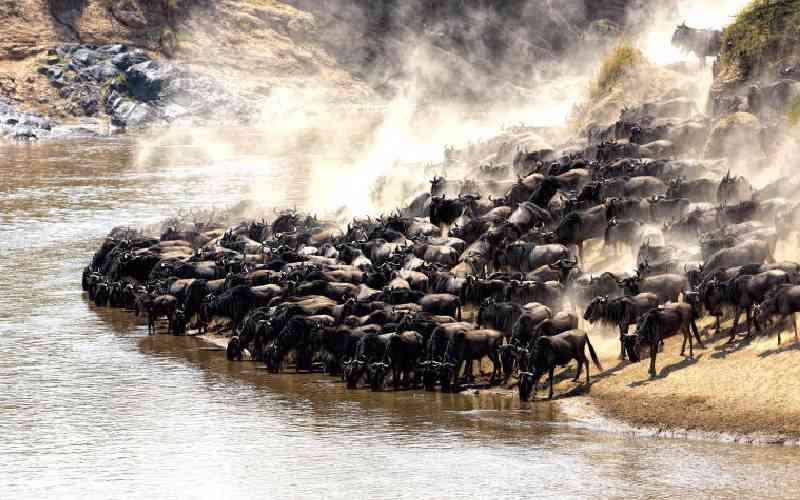×
The Standard e-Paper
Home To Bold Columnists

Kenya's stunning natural wonders and diverse ecosystems are under grave threat pushing conservation efforts into the spotlight.
Despite these threats, the country's remarkable variety of species remains a national treasure and a global heritage. Positioned in a distinctive geographical location, Kenya offers a sanctuary for a wide range of flora and fauna, attracting biodiversity enthusiasts and researchers worldwide.